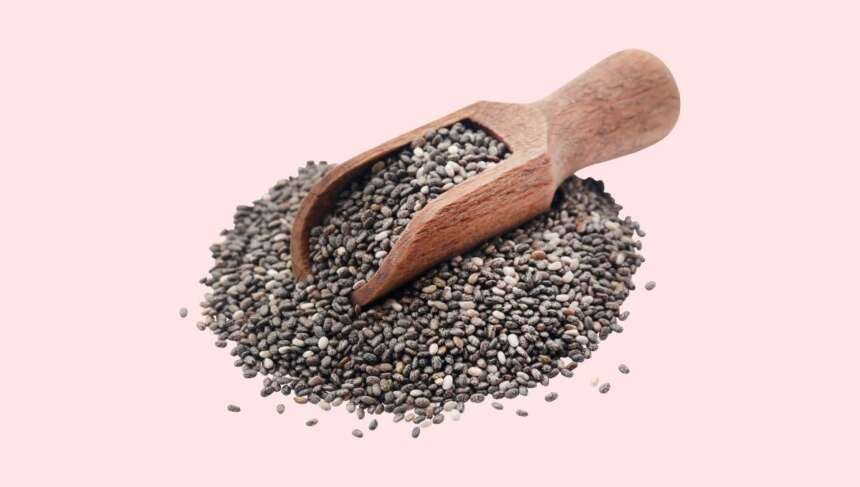Chia seeds have gained immense popularity in recent years due to their impressive nutritional profile and numerous health benefits. These tiny seeds, originating from the desert plant Salvia hispanica, are packed with fiber, protein, antioxidants, and essential omega-3 fatty acids.
However, despite their apparent superfood status, there are certain individuals who should exercise caution or avoid consuming chia seeds altogether.
People with Seed Allergies or Sensitivities
Genrally, chia seeds are thought to be safe for most people but people who are allergic to or sensitive to seeds should avoid them, especially those from the mint family, which includes chia seeds. Chia seeds can cause allergic reactions like rashes, stings, itching, swelling, and trouble breathing, even if you only eat a small amount. [Source]
If You have Gastrointestinal Issues
Let me tell you that there is both soluble and insoluble fiber in chia seeds, which makes them very high in fiber.
This high fiber content is good for most people, but it can make people who already have stomach problems, like irritable bowel syndrome (IBS), Crohn’s disease, or ulcerative colitis, feel uncomfortable. [Source]
It can cause bloating, gas, and even diarrhea. Before adding chia seeds to their diet, people with these health problems should talk to their doctor.
People who Take Blood Thinners
Chia seeds have a lot of omega-3 fatty acids, which can help with inflammation and might not work well with some medicines, especially blood thinners like warfarin. [Source]
If you take blood thinners along with chia seeds, you may be more likely to bleed or get bruises. Before adding chia seeds to your diet, you should talk to your doctor if you are on blood thinners.
If You have Esophageal Strictures or Trouble Swallowing
Chia seeds are special because they can soak up a lot of water and turn into a gel-like substance in the digestive system.
For some people, this can be helpful, but for people with esophageal strictures (narrowing of the esophagus) or other swallowing problems, it can be dangerous or make it harder to swallow. [Source]
If you have trouble swallowing, you should stay away from chia seeds or only eat them after mixing them well with drinks.
People Who have Diabetes (In Some Cases)
Chia seeds can be a good addition to a diabetic diet because they are high in fiber and can help control blood sugar levels.
However, some diabetics may need to be extra careful when eating them. Some diabetes medicines, like metformin, can’t be absorbed or work as well when chia seeds are eaten. [Source]
People who have diabetes should talk to their doctor before adding chia seeds to their diet and keep a close eye on their blood sugar levels.
The Bottom Line
It’s important to remember that these measures are not absolute no-nos, but rather suggestions to make sure that eating chia seeds is safe.
If you are any of these things, you should talk to a doctor or a trained nutritionist before adding chia seeds to your diet. They can give you help that is specific to your condition and medical history.




